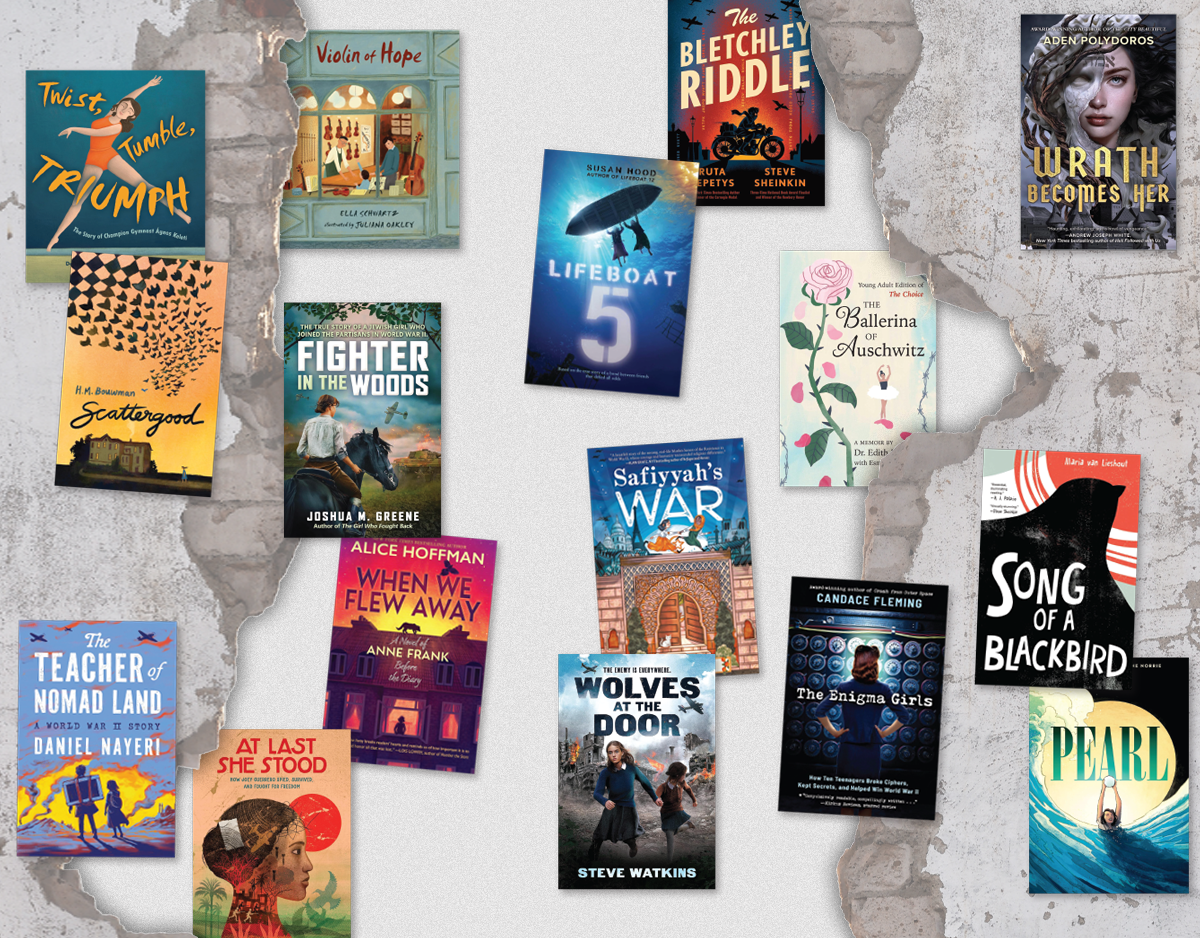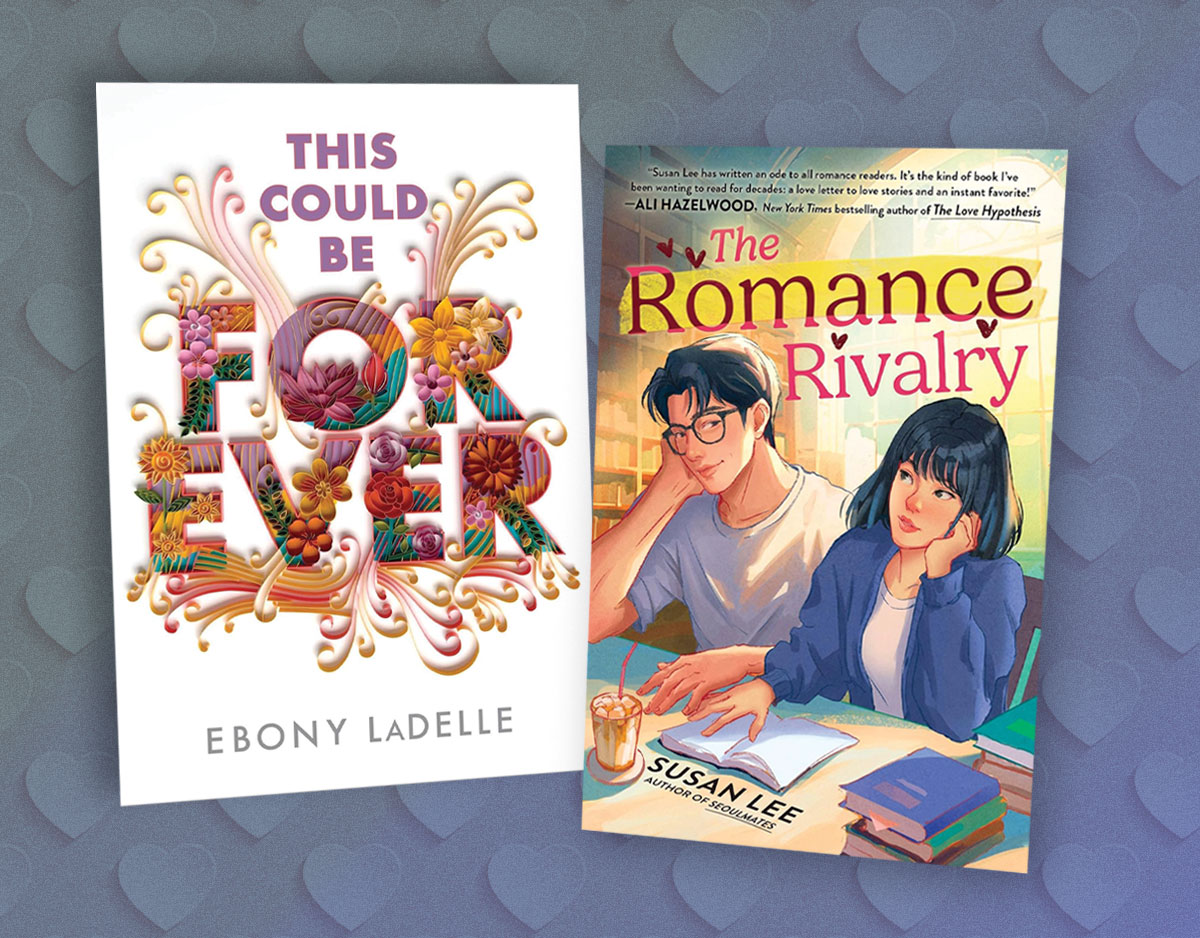SCROLL DOWN TO READ THE POST
Review: Imaginary Girls
Imaginary Girls by Nova Ren Suma. Dutton Books, a member of Penguin. Reviewed from ARC from publisher.
 The Plot: Two years ago, Chloe and her older sister Ruby were at a party at the reservoir. Dares and drinking, one thing leads to another, and Chloe’s classmate London Hayes is dead and Chloe leaves town, leaves Ruby, and goes to live with her father out of state.
The Plot: Two years ago, Chloe and her older sister Ruby were at a party at the reservoir. Dares and drinking, one thing leads to another, and Chloe’s classmate London Hayes is dead and Chloe leaves town, leaves Ruby, and goes to live with her father out of state.
It’s two years later. Chloe is coming home; returning to the town she left, the friends she left, returning to her sister, Ruby.
Two years away, and something seems off. Not quite right. Something is different with the town, with Ruby. At a party, Chloe comes face to face with the biggest difference of all; with something that just shouldn’t be.
ADVERTISEMENT
ADVERTISEMENT
The Good: Oh, how to do this without spoilers! How to explain the spell of Ruby, the web she weaves around all who know her. To know her is to love her. And as I write this, trying to both explain the magic and wonder of this book without revealing too much, I find that all I can write about is Ruby. All I want to write about is Ruby.
Ruby is a magical older sister, almost mythical to her younger sister, Chloe. Zoey Deschanel would play Ruby in a movie, with her sundresses and boots, her big old Buick with the gas gage that always reads E yet always has a few extra miles left in her, ex-boyfriends ready to do any favor she asks, because, well, it’s Ruby. Some people are like that; charismatic, magnetic. Everyone loves Ruby. Best of all, Ruby loves Chloe. She includes Chloe in her circle, makes her part of it, whether its a circle of friends or of family (Ruby has practically raised Chloe).
When Ruby says something is possible, it is. When Ruby says Chloe is capable of something, she is.
For two years, Chloe has missed having someone believe in her so deeply, support her so completely: “Ruby could turn me from an ordinary girl you wouldn’t look at twice into someone worth watching, someone special, mythical even.”
Who wouldn’t want a bond like Ruby and Chloe’s?
But now, two years later, something is off, with Ruby, with that bond. Ruby has a secret, a secret she’s keeping from Chloe. Even when Chloe thinks she knows what it is, she isn’t even close to the truth.
What more can I say, without ruining the wonder, the discovery?
One of the things I love about Stephen King is his tone, his use of place, his build up of suspense. Suma does all this: the slowly increasing sense of dread, the creation of the town and reservoir and Ruby’s half-finished house, and, finally, the suspense as Ruby’s secrets begin to unravel, begin to get out of control. My heart is still racing, my mind still whirring, as I realize Ruby’s secrets. Once I knew (or, rather, thought I knew), I got to the last page and then turned to the first page and — What would I see in the beginning, that would point the way to where Imaginary Girls goes? Or would I see something else? To be able to do that, to have a the book start as one thing, end as another, be both at the same time, is pretty fine writing. When I reread it, I saw so many clues, yet didn’t pick up on them the first time. Or, maybe I did, and that explained the growing sense of unease as I read.
Suma builds up the tension of what is happening in Chloe’s hometown, and at the same time shows this tight, amazing, bond between two sisters that makes the reader think, I want that. Ruby doesn’t see her life as one stuck taking care of her baby sister because her mother is the town drunk and their respective fathers skipped out long ago. Ruby instead has created a life for herself, and for her sister — before she went away — a life of watching movies, roller skating, hanging out at the Village Green, a life where each of those things is infused with fun. Ruby is the sister who texts, “my boots miss your feet” and “my head misses your hairbrush.” Ruby has a way of looking at the world; when Ruby decides a boy isn’t right for Chloe, she says, “Owen is too pretty. . . . There’s something ugly about a pretty boy who knows he’s pretty and assumes everyone else knows it, too.” Ruby is the type of girl who, when she says she wants cheesecake from a certain restaurant hours away, the guy will drive to get it for her.
What does it mean to Chloe to have Ruby in her life? It means living a life that is a story worth telling. Without Ruby, life is ordinary. Even as the web of Ruby’s wonderfulness is spun, Suma builds the suspense. Something is not quite right. Ruby is hiding something; Ruby is different from what Chloe remembers. Little things strike the reader, like how Ruby doesn’t like to leave the town limits, and doesn’t want Chloe to, either. How Ruby lives in sight of the Reservoir, but puts Chloe in the only room without a view. How Ruby disappears.
The town, a town next to a reservoir, a live town next to a dead drowned town, because when the reservoir was created generations ago it killed the towns in its way. The people were told to leave, but Ruby whispers stories about the people who refused to leave their homes. It is a nameless town next to a dead town with a name; nameless tourists visit the Village Green. The town is special only because Ruby is there. And the reader has to understand just who Ruby is and what she means to Chloe, to understand why Chloe returns home . . . and why after she comes face to face with what is happening in town, she stays. A reader has to understand Ruby to understand what happens in town.
While reading Imaginary Girls, I though of people I’ve known like Ruby. The charismatic person that everyone wants to be around. But the further I read, the more I realized… I’ve never met anyone quite like her.
For other reviews, and to see how others address how to review this book without revealing all the secrets of Chloe, Ruby, their town and their friends — and to see some different views of Ruby:
The Book Smugglers: “Imaginary Girls is very creepy, uncomfortable and disturbing. In fact, it reads a lot like a Twilight Zone episode.” That gives a little bit away about what happens . . . but hey, my referring to Stephen King is also a clue.
ADVERTISEMENT
ADVERTISEMENT
Stacked: “Nova Ren Suma has created a deliciously creepy book full of odd happenings all seen through a sort of haze. It’s difficult to get a handle on what’s really going on, because Chloe herself isn’t always sure. That aspect gives the book a feeling of magical realism rather than straight up fantasy or paranormal. And even though Imaginary Girls has elements of the paranormal, which can be found in so many current YA books, you’ll come away from it knowing you’ve really never read anything like it.”
GalleySmith: “If it felt like I was talking in circles in this review it’s because that is exactly how this book made me feel. Upside down then right side up, all in the best possible way. Suma is one of the few authors I’ve read that I wouldn’t fear stepping outside of my typical reading boundaries to get hold of her stories. I’d read anything, anywhere, anytime if she wrote it.”
Because I still cannot get Ruby out of my head. Because Chloe haunts me. Because I’m not quite sure what did or did not happen. Because I could talk about this book all night, over glasses of wine, and then all morning, over cups of coffee. Because the writing wrapped around me like a blanket. This is a Favorite Book Read in 2011.
My last words: if you’ve read Imaginary Girls and want to talk about just what did, or did not, happen, chat away in the comments! The rest of you — you’ve been warned.
Filed under: Favorite Books Read in 2011, Reviews
About Elizabeth Burns
Looking for a place to talk about young adult books? Pull up a chair, have a cup of tea, and let's chat. I am a New Jersey librarian. My opinions do not reflect those of my employer, SLJ, YALSA, or anyone else. On Twitter I'm @LizB; my email is lizzy.burns@gmail.com.
ADVERTISEMENT
SLJ Blog Network
Instagramming ALA 2025 (Part II)
Review of the Day: Freya and the Snake by Fredrik Sonck, ill. Jenny Lucander
Love in the Palm of His Hand, vol. 1 | Review
Book Review: The Dead of Summer by Ryan La Sala
The Classroom Bookshelf is Moving
ADVERTISEMENT
ADVERTISEMENT







